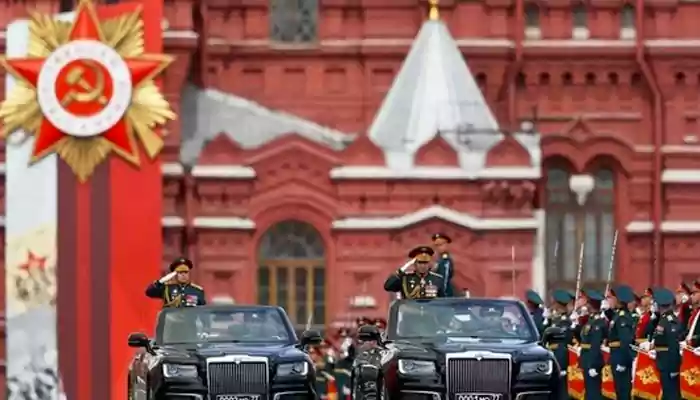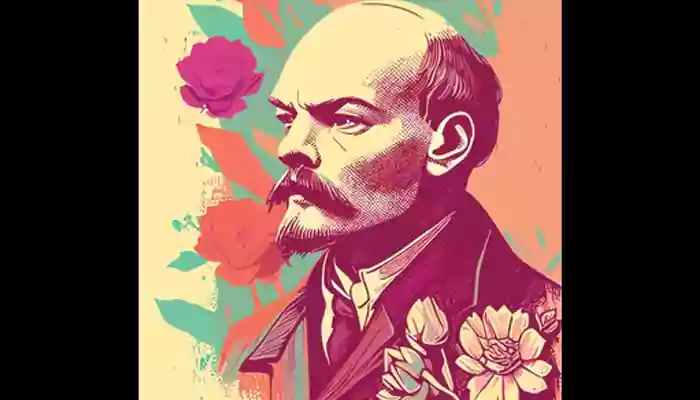
Since the Bolshevik revolution in 1917, Russia, formerly known as the USSR, has been aloof from the rest of the world!
Russia is the largest country on the globe, known for its vastness and harsh climate. Its history, spanning centuries, is intricate, yet in the contemporary era following the 20th century, its historical narrative remains enigmatic. Russia was formerly known as the USSR until the collapse of the Berlin Wall in 1989. The nation had been through many radical changes under Communist rule; hence, it was largely separated from the Western world.

The Eastern Block and the Iron Curtain were two names for a collective of communist-run countries. Its borders stretched from Russia to eastern European nations, right up to Germany. During this period, the rest of the world was unaware of the inner workings of these nations; the only glimpse was through the motion pictures produced in this country, which travelled to various film festivals around the globe. The main production company Mósfilm was owned by the state, and movies were essentially propaganda, yet some of them could tell us about the reality of the USSR.
Mikhail Kalatozov is the writer and director of the epic war film The Cranes Are Flying. The film follows a young woman called Veronica who is trying to meet her lover in the city of Moscow, but in a tragic turn of events, their meeting becomes futile as he is drafted to fight in the Second World War. The motion picture aims to depict the cruelty of war and how young men are blindly swept by the fervour that makes them voluntarily enlist to be a part of a heinous war.

This was a monumental movie for the USSR, as it was a massive global success. Kalatozov won the Palm D’or at the reputed Cannes International Film Festival in 1953 for this film. It further indicated that Russia had the power to transform the Western-dominated film industry.
The debut effort of maestro Andrei Tarkovsky, Ivan's Childhood, is the greatest example of Russian mastery of craft. One of the most well-known of the many fascinating legends surrounding this film is that Tarkovsky was chosen to direct it after Mósfilms rejected another director's version of the film. Tarkovsky made a whole new film, discarding all of the old footage shot earlier for just half the allotted budget.
The film follows a teenager, Ivan, who travels through worn-torn areas as a messenger for the Army. He is eager to enlist but isn't old enough, so the army generals try to ship him off to boarding school. In addition to the story, critics still praise the movie as a visual masterpiece that made Tarkovsky a "force majeure" in international cinema. His debut effort also earned him the coveted Golden Lion at the Venice International Film Festival.
Film theory supports the Russian school of filmmaking, and Sergei Eisenstein is one of its most prominent proponents. Based on Montage Theory, he made Battleship Potemkin, which was a story about the tyranny of the Czar's rule and justified the need for the Bolshevik revolution. The motion picture is a landmark achievement in the medium and is still hailed in high regard by students of cinema. It is also a part of the curriculum as a reference film in many courses related to film appreciation and film history throughout the world.